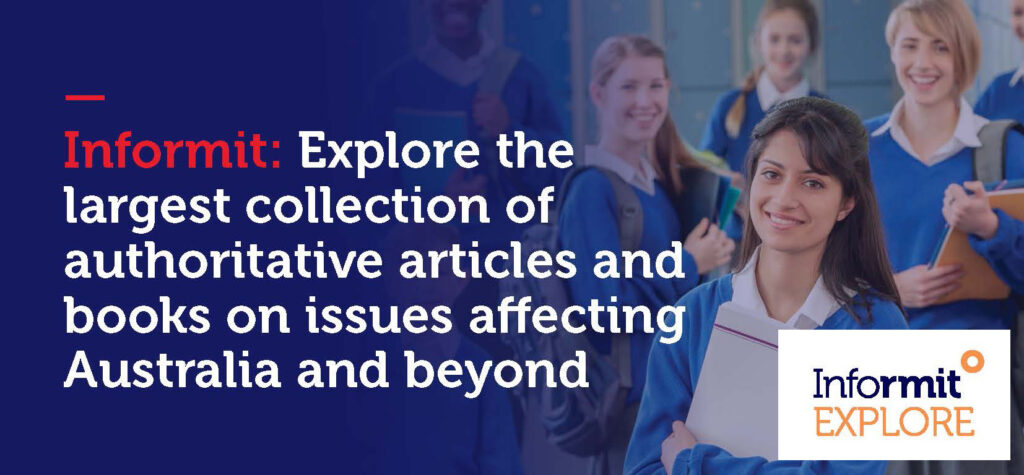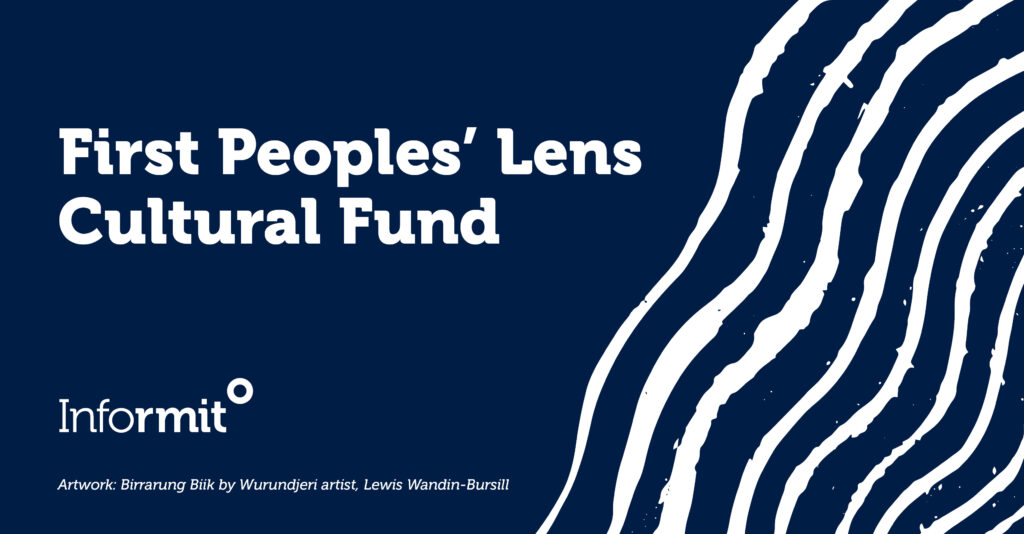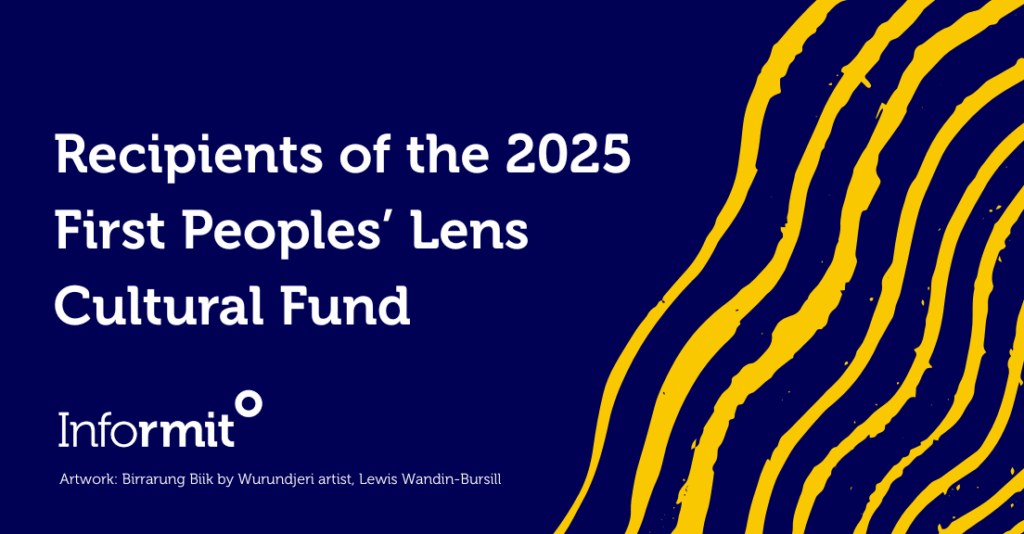One of the subtler challenges in schools today is: students are researching more than ever, but often without knowing what research actually is.
They know how to look things up. They’ll go to Google, ask ChatGPT, scan a few headlines or click on the first few links. These sources may even mimic authority, but they rarely invite scrutiny. And that’s the issue. Because the real skill we want to develop, especially in the secondary years, is the capacity to interrogate a source. To ask not just what something says, but why, how, and according to whom.
Research from the Australian Council for Educational Research (ACER) speaks directly to this problem. Through its work on disciplinary literacy, ACER highlights the need for students to read and write within the distinct practices of each subject area. History, science, media studies, each comes with its own conventions, assumptions, and forms of evidence. Understanding these differences takes time, and support. Likewise, the teaching of lateral reading, the act of verifying sources by stepping outside them. has been shown to make a measurable difference to students’ ability to discern credibility and bias.
And yet, we expect them to do this in environments that often offer very little scaffolding. General search engines don’t differentiate between credible, questionable, or outdated material. AI platforms offer summaries, but rarely citations. Even library databases, while rich, are often designed with university-level users in mind.
Unlike broad academic databases, Informit Explore was built specifically for Australian schools. It’s not just a search tool, it’s a curated research environment. The content is drawn from Australian journals, media, policy papers, and video sources, and organised into subject- and curriculum-aligned topic pages. It’s designed to help students move from curiosity to comprehension without sacrificing the depth or rigour of authentic research.
We partnered with ACER to create an environment that encourages this behaviour by grounding students in a landscape of verifiable, often primary, material. When students read an article on First Nations storytelling, or an editorial about vaping legislation, they’re not just absorbing content, they’re learning what citable evidence looks like, how arguments are framed, and what kind of information holds up under scrutiny.
Let’s take a couple of examples. A Year 10 English student working on Rabbit-Proof Fence might start with a streaming the film, then follow it with an interview with the director, an academic critique, and some historical commentary on the Stolen Generations. These aren’t random hits from a search engine, they’re credible, cited sources selected to support inquiry. it gives students a feel for how knowledge is constructed, not just consumed.
In a Year 9 Civics class exploring media and democracy, students might use Informit Explore to compare how different Australian sources report on a significant national event, such as a referendum or policy shift. Rather than relying on surface-level summaries, they can examine a watch television news stories, a commentary from The Conversation, and a critical piece from an Indigenous journal or community outlet. The task becomes less about reporting facts and more about analysing framing, bias, and credibility, helping students practise lateral reading and develop a sharper sense of how arguments are constructed and supported.
In the above cases, Explore allows users to engage with real material, and gives teachers confidence in its relevance and reliability.
Informit Explore doesn’t simplify research, but it does scaffold it, summarising topics, posing explorative questions, curating resources by reading level, grouping them by topic, and aligning everything to the Australian curriculum.
This isn’t about rejecting AI or search engines or summaries, these are very useful. Its actually a means to learn how to use these tools better. It’s about showing students how to go deeper, how to check, compare, question, and ultimately, learn. And in doing so, helping school libraries become what they’ve always been at their best: engines of inquiry.
Written by Laki Sideris, Head of Product at Informit for the National Education Summit 2025 (27-28 Aug 2025)


